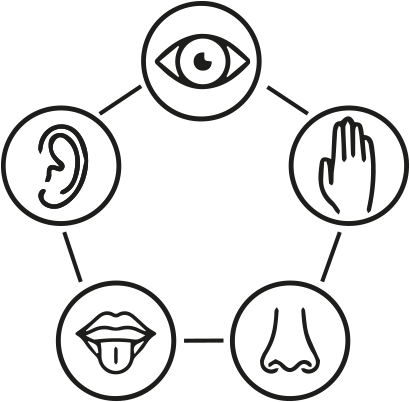Search
Sounding Media: Designers and Users
The course deepens the understanding of the field of sound studies already acquired in the module Sound Technologies and Cultural Practices. Where the Sound Technologies module focused on musical practices, the focus of this course will be sounds of a non-musical nature.
Led by: Dr. Alexandra Supper
Observing and representing: The history of the senses
Becoming aware of the complexity, multi-dimensionality and diversity of sensory experiences.
Led by: Dr. Alexandra Supper (DSS, coordinator)
Dr. Anna Harris (DSS), Dr. Annelies Jacobs (DSS), Dr. Jack Post (LK),
Dr. Jo Wachelder (History)
Sensory Studies of Science
In this course, we will explore the role of the senses and embodied practices in a variety of scientific disciplines and different sites of knowledge-production, and encounter the method of sensory ethnography as a tool to study the senses in the sciences.
Led by: Dr. Alexandra Supper
Exploring Senses Cards
In this student Premium project ‘Exploring senses’ students created cards and a training manual for sensory education. Premium Project are interfaculty students collaborations.
Digital Sensory workshop
Training the senses to use in analysis of museum spaces and assess impact of sensory stimuli on museum audiences.
Led by: Emilie Sitzia.
- « Previous
- 1
- 2
- 3
- Next »








